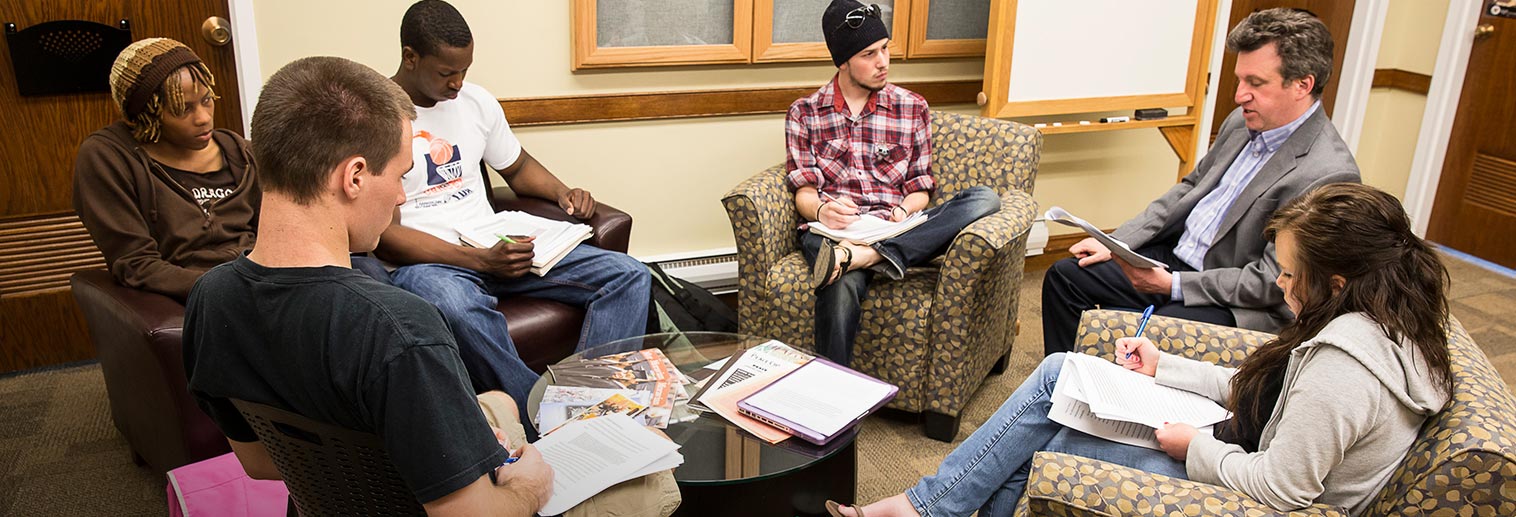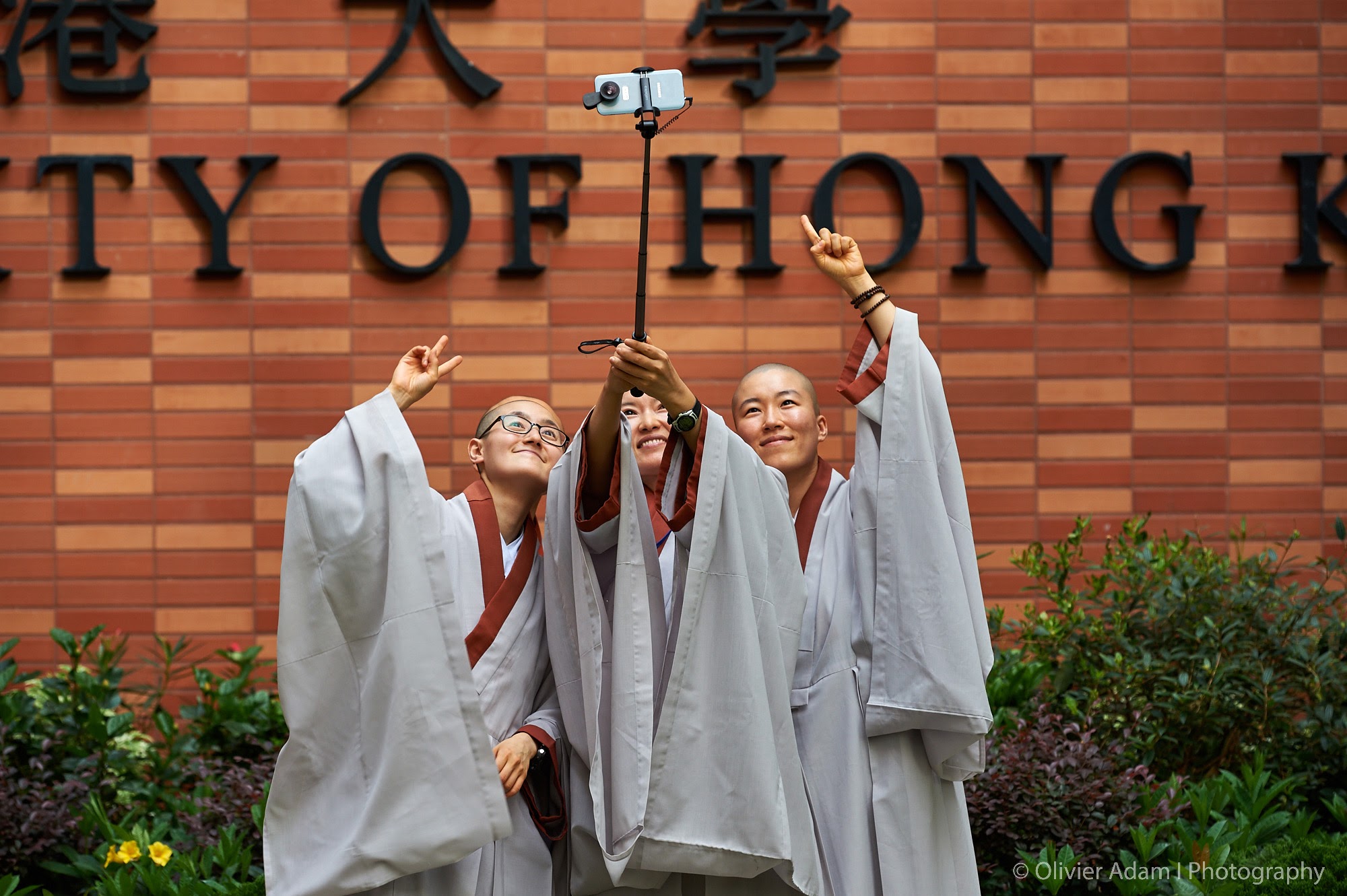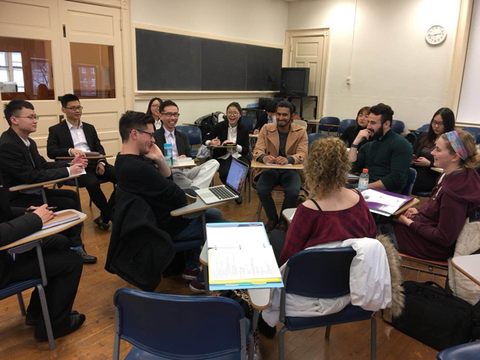
Public Programming and the Study of Religion
Kin Cheung, Associate Professor of East and South Asian Religions, has been selected by The National Committee on United States-China Relations to join their Public Intellectuals Program. https://www.
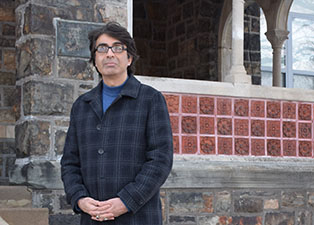
Igniting a New Model for Islam
Arash Naraghi, Professor of Philosophy and Religion, speaks about his work to influence positive solutions to the push-pull of tradition and modernity in the Middle East as countries struggle to redefine themselves for the 21st century.
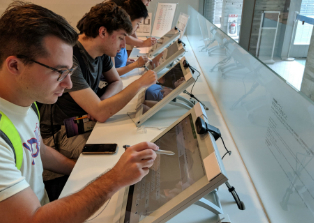
In-Focus Global Seminar Japan: Exploring Culture and the Legacies of War
Follow along as ten students travel to Japan and explore Hiroshima, Nagasaki, Kyoto, and Osaka.

